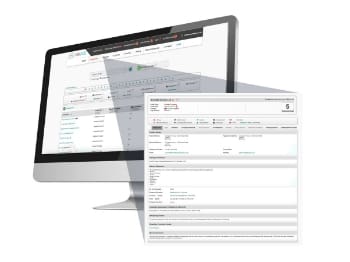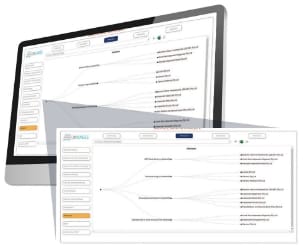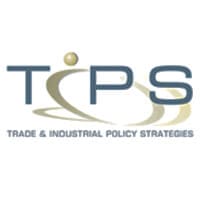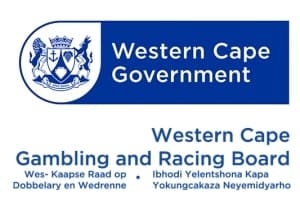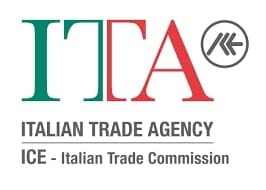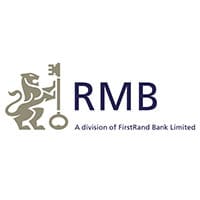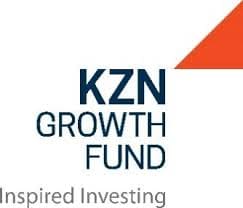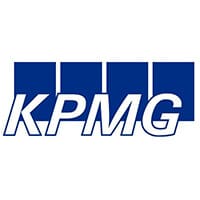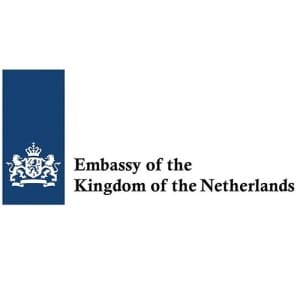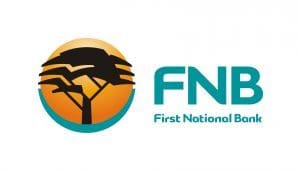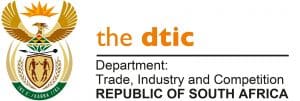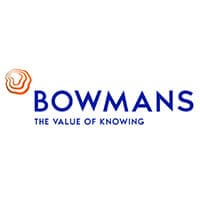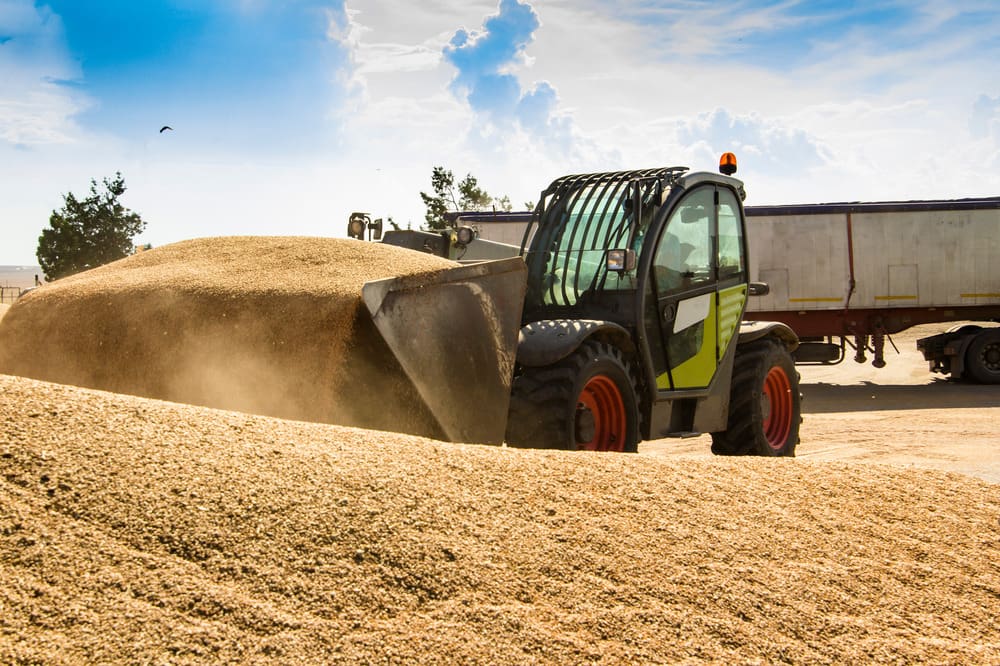Trusted by leading brands

Who Are We
Who Owns Whom
Who Owns Whom (WOW) was established in 1980 as an independent organisation producing high quality, original research on African industry and business.
Our Solutions
WOW solutions inform key business functions
Market Intelligence and Strategy
Gain valuable insight into target industries, new opportunities and understand potential vertical and horizontal expansion opportunities.
Know Your Customer/Supplier
Corroborate information supplied by customers, prospective customers and suppliers.
Compliance and Risk
Independent third-party corroboration of ownership and statutory information
M&A, FDI and Private Equity
Identify, understand and monitor investment changes and opportunities across the African continent.
Learning Solutions
Use industry reports as a basis for an analysis of key success factors, pain points and competitive landscape of African industries.
Media
Most recent articles
Newsletters
Africa Inc. 2024 Part 2
The first Africa Inc. communication sent in April this year mentioned that 38 African countries had signed the African Continental Free Trade Area (AfCFTA) agreement, which has since increased to...
BlogCountries Accommodation and food service activitiesSouth Africa
Accommodation – a pillar of the tourism industry
Contents [hide] The accommodation industry in South Africa is characterised by its diversity, catering to different budgets, preferences and types of travellers. It includes a mix of international hotel chains,...
BlogCountries ManufacturingSouth Africa
The Flour and Grain milling industry – from field to table
Contents [hide] The flour and grain mill products manufacturing industry is crucial to the South African economy and livelihoods. Staple foods like maize and wheat are essentially a commodity. They...
BlogCountries Information and communicationSouth Africa
The Impact of streaming on music industry earnings in South Africa
Contents [hide] Historical evolution of the music industry From the revered gramophone, which was the first instrument capable of reproducing music and storing it on a flat disk, invented by...
BlogCountries ManufacturingSouth Africa
FMCG in the era of sustainability: South Africa’s story
Contents [hide] The drivers of FMCG in South Africa As explained in the WOW report on fast moving consumer goods (FMCG) trends in South Africa, FMCG covers all the things...
BlogCountries ManufacturingSouth Africa
The Evolution of South Africa’s Cosmetics Industry: Past Growth and Future Opportunities
Contents [hide] South Africa’s cosmetics industry has grown significantly over the past few decades and evolved from a market once dominated by international brands into a vibrant sector with dynamic local...
Administrative and support activitiesSouth Africa
Exploring the travel and tourism industry in South Africa
Read More


